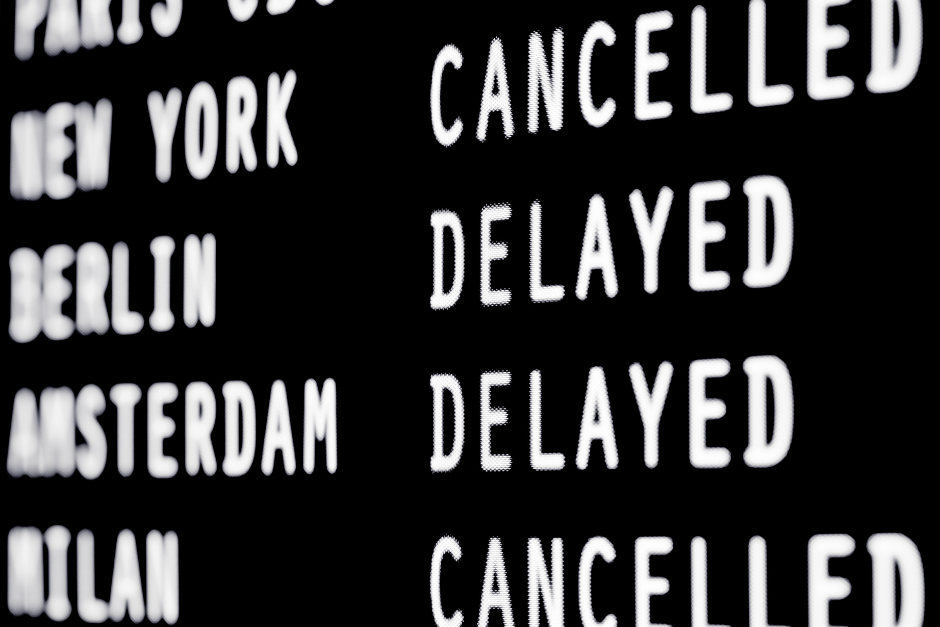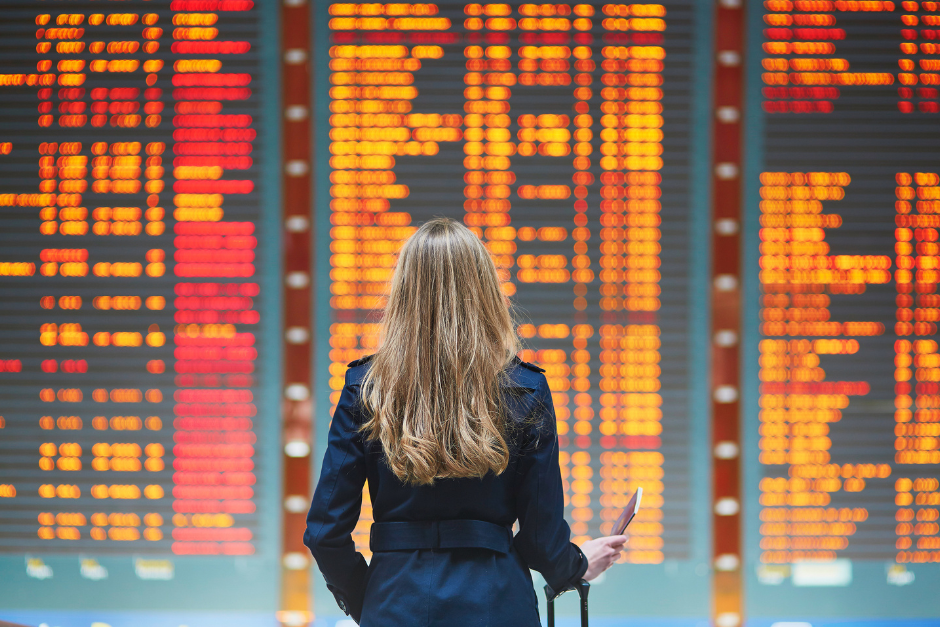
Flight delays, cancellations, and overbookings can turn a dream trip into a nightmare—but did you know your rights in these situations vary depending on the reason and type of disruption? Understanding when you’re entitled to compensation (and when you’re not) can save you time, money, and stress. Here’s a breakdown of what travelers need to know:
✈️ Delays and Cancellations: The Tough Truth
Airlines don’t guarantee schedules, and unfortunately, most delays and cancellations don’t come with compensation. That’s because many issues—like bad weather, air traffic control problems, or mechanical glitches—are outside the airline’s control.
So, what happens if your flight is significantly delayed or canceled?
- Airlines will often rebook you at no extra cost, but they aren’t required to cover meals, hotels, or ground transportation unless they choose to.
- On international flights, passengers may claim expenses under Article 19 of the Montreal Convention—but this must be pursued with the airline and possibly in court if denied.
- The DOT mandates that airlines provide food, water, and working bathrooms during tarmac delays over 2 hours, and domestic flights cannot remain on the tarmac for more than 3 hours (barring safety or airport operation issues).
Let’s keep it real: If an airline gives you anything for a delay or cancellation, it’s not because they have to—it’s because they want to (or they’re just feeling generous that day). So be sweet to those gate agents—they’re the ones who can get you on the next flight or leave you sitting at the airport with your snacks and regrets.
💡 Pro Tip: Book earlier flights for better chances of avoiding delays and leave wiggle room if you have important plans at your destination.

🚫 Bumping & Overbooking: When Compensation Is Required
Airlines often oversell flights to offset no-shows. If you’re “bumped” from an oversold flight, your right to compensation depends on whether you volunteer or are denied boarding involuntarily.
Voluntary Bumping:
If you agree to take a later flight:
- The airline can negotiate compensation with you—this may be in the form of vouchers or free tickets.
- Ask about restrictions: expiration dates, blackout periods, or whether it’s valid for international flights.
Involuntary Bumping:
If no one volunteers and you’re denied boarding against your will:
- No compensation if you’re rebooked to arrive within 1 hour of your original time.
- 200% of your one-way fare (up to $1,075) if your arrival is delayed by 1–2 hours (domestic) or 1–4 hours (international).
- 400% of your one-way fare (up to $2,150) if your arrival is delayed by more than 2 hours (4+ hours internationally) or no substitute transportation is provided.
You’re also entitled to a refund for any extra services (like checked bags or seat upgrades) you paid for but didn’t receive on the new flight.
🔍 Exceptions:
- Flights with fewer than 30 seats.
- Charter flights.
- International flights to the U.S. (though many airlines follow similar guidelines voluntarily).
- Safety-related bumps due to aircraft weight limits.

🧠 Quick Tips to Protect Yourself
- Check in early. Late check-ins are more likely to be bumped.
- Know your fare class. Airlines may prioritize who gets bumped based on this.
- Don’t be a no-show. If you skip your flight without canceling, all return flights may be canceled too.
- Insist on a check. If you’re involuntarily bumped, you can refuse vouchers and request cash or check.
Understanding your rights doesn’t just help in a crisis—it empowers you to travel smarter. Bookmark this post for future reference or share it with a friend planning a trip soon. Knowing what you’re owed (and what you’re not) could make all the difference.
